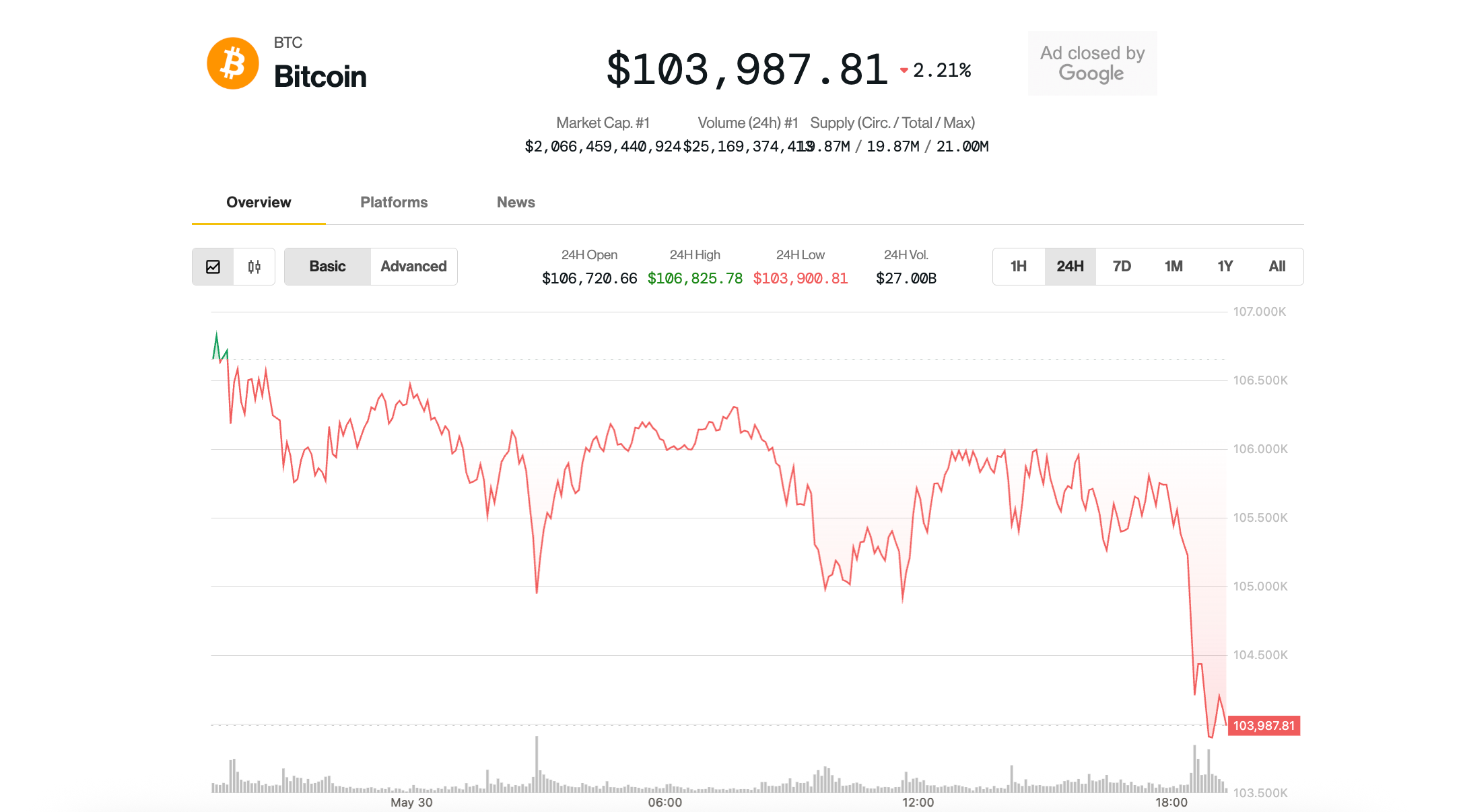The metaverse continues to be a central talking point among leaders and decision-makers in global industries. For many, the vision of the future of the metaverse is not limited to a gamified version of reality.
At the World Economic Forum (WEF) 2023 in Davos, Switzerland, a panel of experts came together to discuss a global idea of an industrialized metaverse. With echoes of the industrial revolution, the industrialized metaverse will bring Web3 technologies into industries that are at play in everyday life.
The “Deployment in the Industrialized Metaverse” discussion started out with Abdullah Alswaha, the minister of communications and information technology in Saudi Arabia, expressing that the current reality of digital engagement doesn’t match up to its potential.
“The digital world that we live in today is not fit for purpose in the 21st century.”
Instead, it could, and arguably will be better off, leveling up the current digital communications for situations such as telework. Alswaha continued:
“I’m a big advocate of the metaverse that it’s going to be the next wave of how immersive experiences work for consumers, enterprises, and the industry.”
Peggy Johnson, the CEO of augmented reality company Magic Leap, said the industrial metaverse would only come into play when digital and physical worlds begin to merge:
“That’s when it really comes to life and brings true productivity in these industrial environments.”
Åsa Tamsons, the senior vice president and head of business area technologies at Ericsson, said this technology is already at play with big use cases in the healthcare, automotive and consumer electronics industries.
Another example was in retail onboarding:
“Huge retail and consumer goods companies are working on how to use this metaverse technology to improve and shorten the time for employee onboarding and training.”
When explicitly asked about metaverse technology in real-time situations in the healthcare industry, the CEO of Siemens Healthineers, Dr. Bernd Montag, said that although there are use cases, healthcare needs more time to catch on.
He clarified why the healthcare industry might be seen as being behind digitally.
“It is that you want to have ultimate safety. You want to have ultimate trust. This is sometimes harder to solve and that is why the adoption also doesn’t come in with a big bang.”
However, he did mention that the shift to augmenting surgery with 3D is happening, albeit “very gradually.”
Related: Metaverse to possibly create $5T in value by 2030: McKinsey report
Both Tamsons and Johnson highlighted the need for governmental involvement in the release of new technology within a massive industry. This comes down to many things such as safety and privacy.
She continued to say there should be a line between under and over-regulation.
“I think that’s the appropriate way to bring new technologies. You don’t want to suppress innovation, but you also don’t want to allow [it] out in the wild without the proper constraints around it.”
At the recent Consumer Electronics Show 2023, new metaverse technology was showcased that could deploy touch and smell in digital reality, which has the potential to enhance interactions for both average and industrial usage in the near future.
Read More: news.google.com









 Bitcoin
Bitcoin  Ethereum
Ethereum  Tether
Tether  XRP
XRP  Solana
Solana  USDC
USDC  Dogecoin
Dogecoin  TRON
TRON  Cardano
Cardano  Lido Staked Ether
Lido Staked Ether  Wrapped Bitcoin
Wrapped Bitcoin  Hyperliquid
Hyperliquid  Sui
Sui  Wrapped stETH
Wrapped stETH  Chainlink
Chainlink  Avalanche
Avalanche  Bitcoin Cash
Bitcoin Cash  Stellar
Stellar  LEO Token
LEO Token  Toncoin
Toncoin  Shiba Inu
Shiba Inu  USDS
USDS  Hedera
Hedera  WETH
WETH  Litecoin
Litecoin  Wrapped eETH
Wrapped eETH  Polkadot
Polkadot  Binance Bridged USDT (BNB Smart Chain)
Binance Bridged USDT (BNB Smart Chain)  Monero
Monero  Bitget Token
Bitget Token  Ethena USDe
Ethena USDe  Pepe
Pepe  Pi Network
Pi Network  Coinbase Wrapped BTC
Coinbase Wrapped BTC  WhiteBIT Coin
WhiteBIT Coin  Dai
Dai  Bittensor
Bittensor  Aave
Aave  Uniswap
Uniswap  Cronos
Cronos  Ethena Staked USDe
Ethena Staked USDe  OKB
OKB  Aptos
Aptos  Jito Staked SOL
Jito Staked SOL  NEAR Protocol
NEAR Protocol  BlackRock USD Institutional Digital Liquidity Fund
BlackRock USD Institutional Digital Liquidity Fund  Tokenize Xchange
Tokenize Xchange  Ondo
Ondo  Internet Computer
Internet Computer